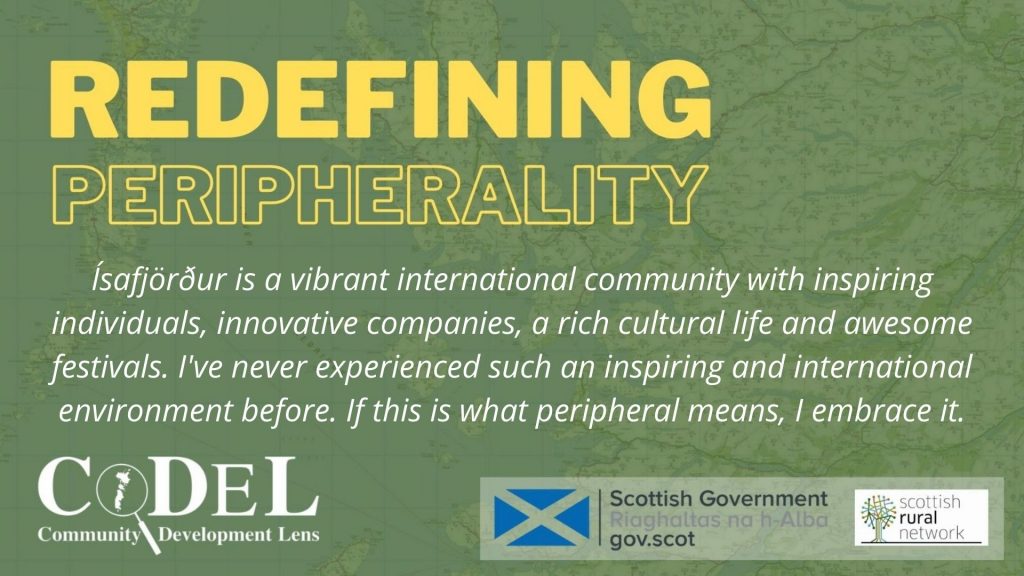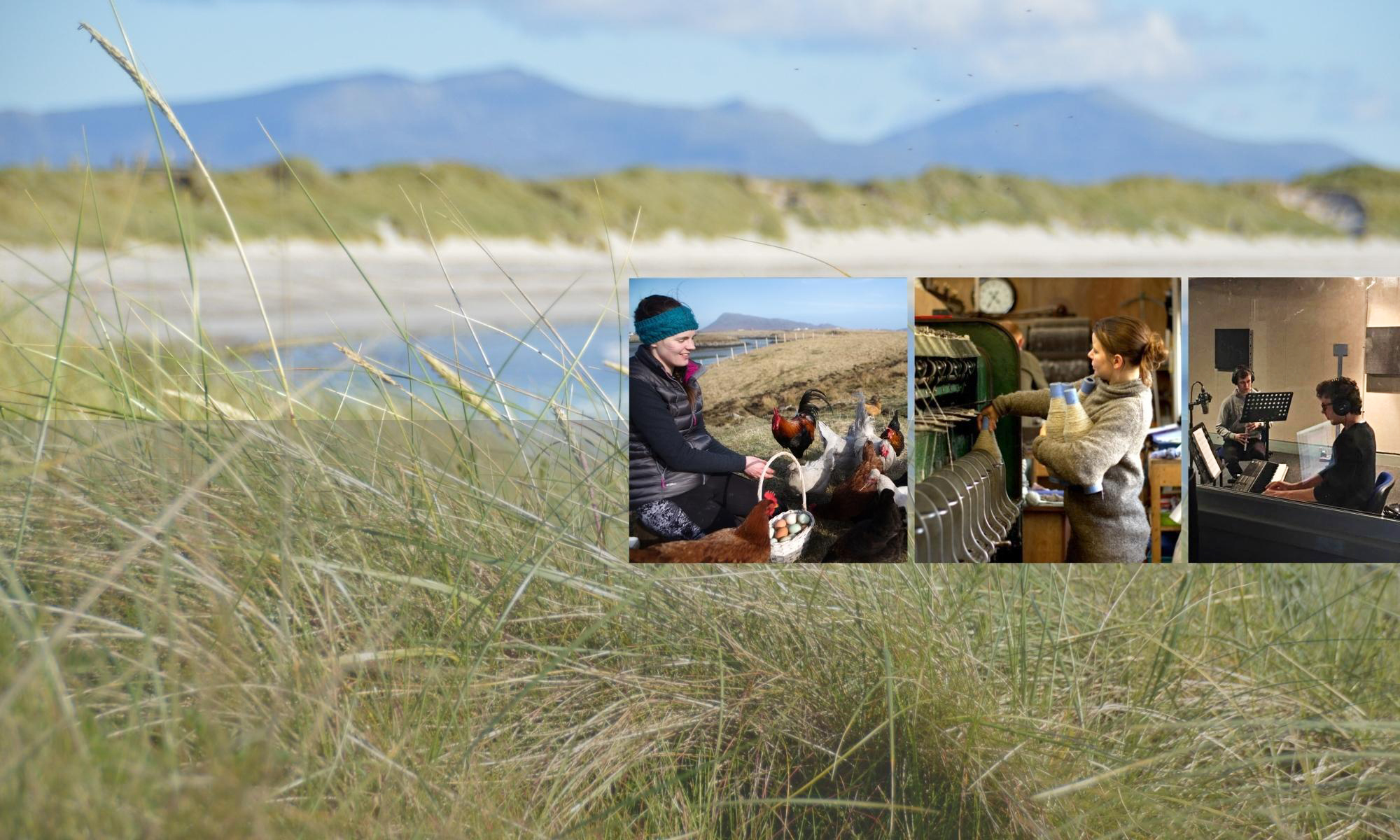by Matthias Kokorsch, University Centre of the Westfords

Words are powerful and they can determine our consciousness. There are many terms which we have a vague idea of, or words we might use carelessly, and in most cases this does no real harm. Many terms do not provide a universal definition and yet carry specific connotations.
There are also terms that we can define mainly through their opposites or through their absence. Justice, for example, is surely an important virtue and principle for society. Despite its importance, or perhaps because of it, a universal definition cannot be found. On the other hand, most people can easily identify the absence of justice and it might thus be easier to define this very value by its opposite. Something I would certainly not suggest for the words I want to highlight now.
‘Rural’, ‘remote’, and ‘peripheral’ are other terms that lack a universal definition. Unfortunately, they are too often defined merely by their counterpart: the urban. ‘Urban’ is a term that in a way serves as the reference point or benchmark. As a thought experiment, I wonder which image comes into peoples’ mind, when they close their eyes and hear the words rural or peripheral. Do people from Orkney, Klaksvík or Grimsey have the same image in mind as those living in Edinburgh, Copenhagen, or Reykjavík?
Should rural, peripheral and remote be rethought and redefined? Should they be classes of their own? Remote and peripheral in relation to what? And why do rural, peripheral and remote often come with rather problematic connotations, even stigmatisation? This definition dilemma is something I am confronted with on a daily basis – both on a personal and professional level. And what to do when you keep on thinking inconclusively, getting lost in one of the many rabbit holes the rural-urban discourse has to offer? Well, you make others think and get some fresh perspectives. This is what I do frequently.
I teach a course at the University Centre of the Westfjords, located in the town of Ísafjörður. A place that is almost impossible to define. Some people – mainly those that have never been here – refer to it as peripheral, rural and remote. Maybe it is. But then let’s be consistent and at least call it ‘double-peripheral’: a peripheral community on a very peripheral island. A peculiarity that some people in the capital region of Iceland tend to forget.
One of the first tasks I set for the students in my class is to define some key words, such as rural, community, and peripheral. Not surprisingly this task is much more complex than it seems. And even less surprising, after a few rounds of racking their brains, most students provide definitions that are based on quantitative assessments and derive from an urban-centred viewpoint. In short, rural and peripheral are mainly what urban is not. The old paradigm, the old rural-urban divide, hardens.
But how to change this thinking, when even allegedly ‘new paradigms’ still have “functional urban areas” as their origin or reference point (like some textbooks offered for classes on regional development). When I shift the task by setting the rule to find qualitative approaches and assess the topic more critically, blank papers and silence are the result.
And even though this is neither the students’ fault, who just started our programme, nor a problem per se, I hope that the students – and thus community developers of the future – will develop a critical mindset and use qualitative and innovative measurements in their future careers. Changing not only mindsets, but also advocating shifts regarding the toolbox to use is something a small but incredibly inspiring group of practitioners and researchers is doing. Some of them teach at our University Center. Changing paradigms, however, has taken, and will take, decades. We at the University Center have one year to work with very sharp individuals and we just welcomed our third cohort. After three years, I am optimistic that we have some excellent critical thinkers and promising young scholars who will discover the many facets of community development.
But why is it so important to question traditional and current narratives?
Peripherality and distance are factors that can be measured, at least to some extent. But more importantly, it is something that can be felt. Getting back to Ísafjörður, we might wonder: are we peripheral? are we rural? According to classic definitions and the quantitative lens, we most likely are. And we are certainly rural in terms of population figures or when we apply classic key economic variables, as useless as they may be.
But I do not tire of my mantra: stop counting heads. We might have just some 2,500 people. But what does this number say? Absolutely nothing. It is individuals that make a difference and turn space into meaningful place. We have an international and vibrant community with inspiring individuals from all over the world, international and innovative companies, a rich cultural life and awesome festivals. Priceless. And not part of any measurement. Having lived in many urban centers before deciding to move to the edge of the Arctic Circle, I have never experienced such an inspiring and international environment anywhere else before. If this is what peripheral means, I certainly embrace it.
Being peripheral or remote is, from my perspective, mainly about a mindset. Returning to the beginning of this post, words are powerful, and they can accelerate stigma. And I think we can talk about some sort of semantic lock-in that the rural, remote and peripheral discourse is located in. How do we talk about ourselves and comparable places? Which narrative and which adjectives will we add to the notion of peripheral? Will we be apologetic – “we are remote but…”?
This semantic lock-in might however be one of the easier lock-ins to unlock or resolve. We can start with ourselves. Functional lock-ins (hierarchical networks and ossified leaders), cognitive lock-ins (antiquated world views and strategies that hinder innovative imagination), organisational lock-ins (institutional inertia and overreliance on existing local networks and ties) and political lock-ins (thick institutional tissues that seek to preserve existing and traditional industrial structures, hampering the development of indigenous potential and creativity) are most likely to stay with us a bit longer. But that is another story.
Redefining peripherality might not be impossible, but it is meaningless without changing mindsets, without rethinking.

